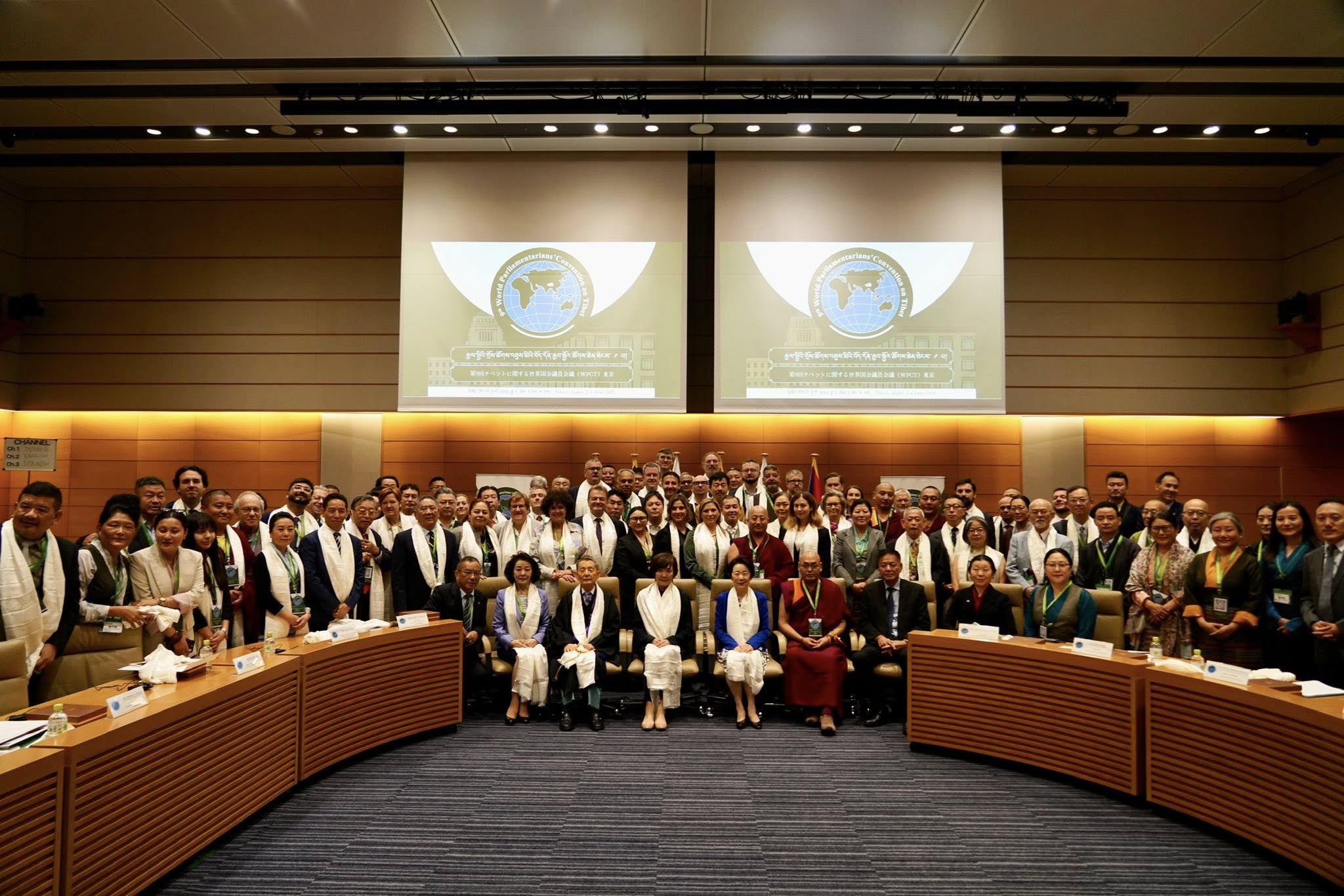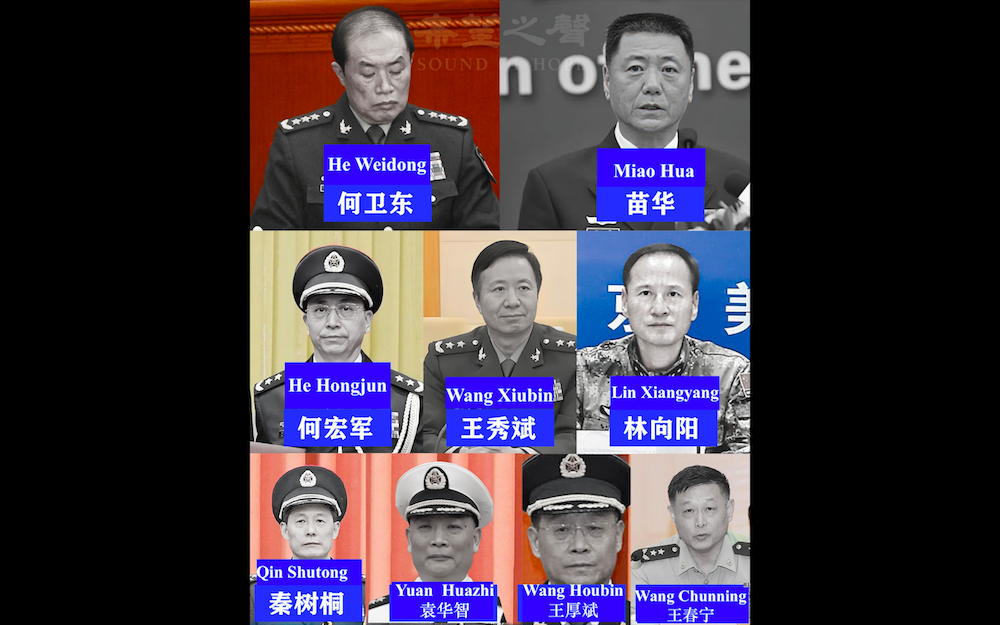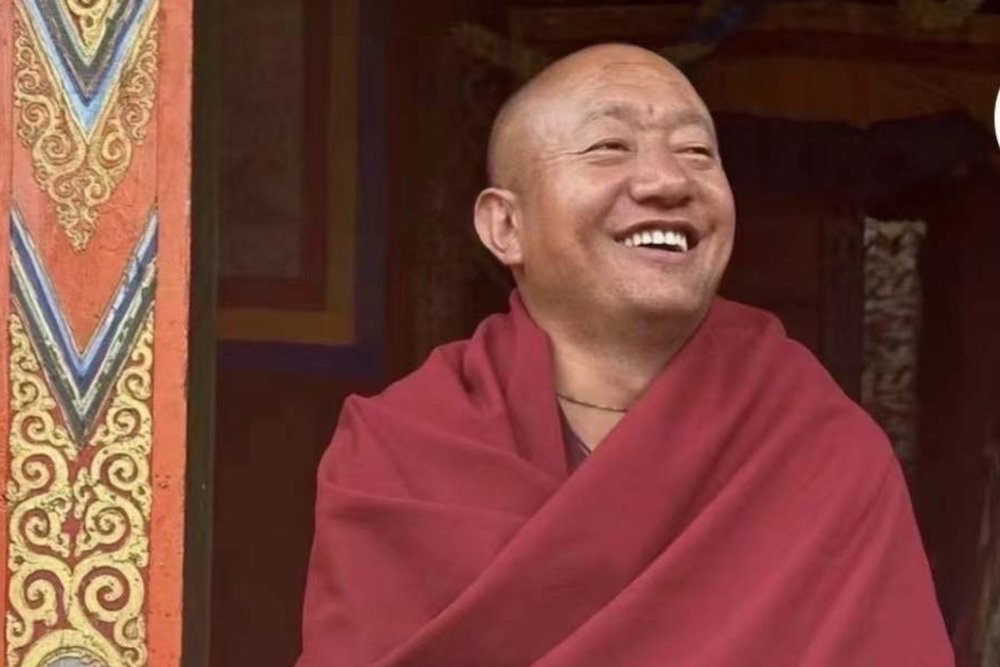Tenzin Nyidon
DHARAMSHALA, June 3: The Chinese Embassy in Japan has voiced strong opposition to the ongoing 9th World Parliamentarians’ Convention on Tibet (WPCT), currently being held in Tokyo with participation from 142 parliamentarians and representatives from 29 countries.
In a statement released on Tuesday through the Chinese state-affiliated Global Times, a spokesperson for the Chinese embassy in Japan denounced the involvement of the Central Tibetan Administration (CTA), also known as the Tibetan government-in-exile, labelling it a “thoroughly separatist political organization” that “violates China’s Constitution and laws” and asserting it is “an illegal entity.” The spokesperson further claimed that no country in the world recognizes the CTA.
The WPCT, held previously in New Delhi, the United States, and across Europe, has served as a vital global platform for lawmakers to express support for the Tibetan people and advocate for human rights in Tibet. With Japan hosting the convention for the first time, the 9th WPCT sends a powerful message of international solidarity and challenges China’s narrative on Tibet.
The primary objective of the WPCT is to bring together parliamentarians from democratic nations to coordinate efforts in addressing the situation in Tibet and to push for a peaceful resolution of the Sino-Tibetan conflict. The convention also seeks to garner support for the CTA’s Middle Way Approach, promote the resumption of dialogue between Beijing and the Tibetan leadership, and defend the fundamental rights and freedoms of the Tibetan people, including the preservation of their unique cultural and religious identity.
The Chinese embassy’s statement also criticized recent Japanese media coverage that featured interviews with CTA leaders who denounced China’s repressive policies in Tibet. The exile Tibetan leadership also asserted that the reincarnation of the 14th Dalai Lama would occur “in the free world” and called on the international community to apply pressure on Beijing.
“Xizang has been an inseparable part of China since ancient times, and the people in the region are members of the big family of the Chinese nation,” the spokesperson said, reiterating China’s long-standing position that Tibet is a domestic matter not subject to foreign interference.
The embassy further emphasized what it called the region’s “robust economic growth, social stability, cultural prosperity, and continuous improvement in people’s livelihoods,” dismissing any international concern as an attempt to destabilize China. “Any attempt by anyone or any force to destabilize the region in order to contain or undermine China is doomed to fail,” the Chinese spokesperson warned.










